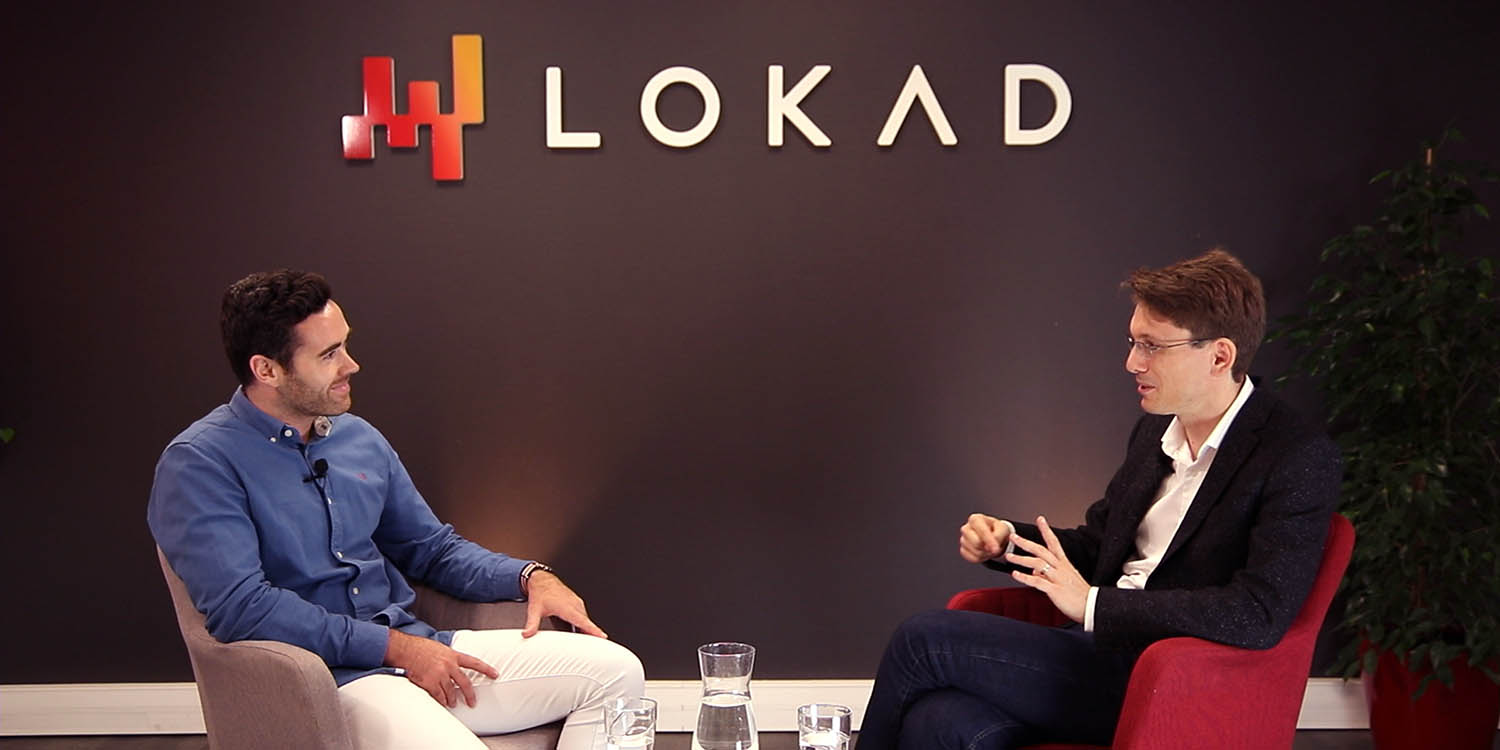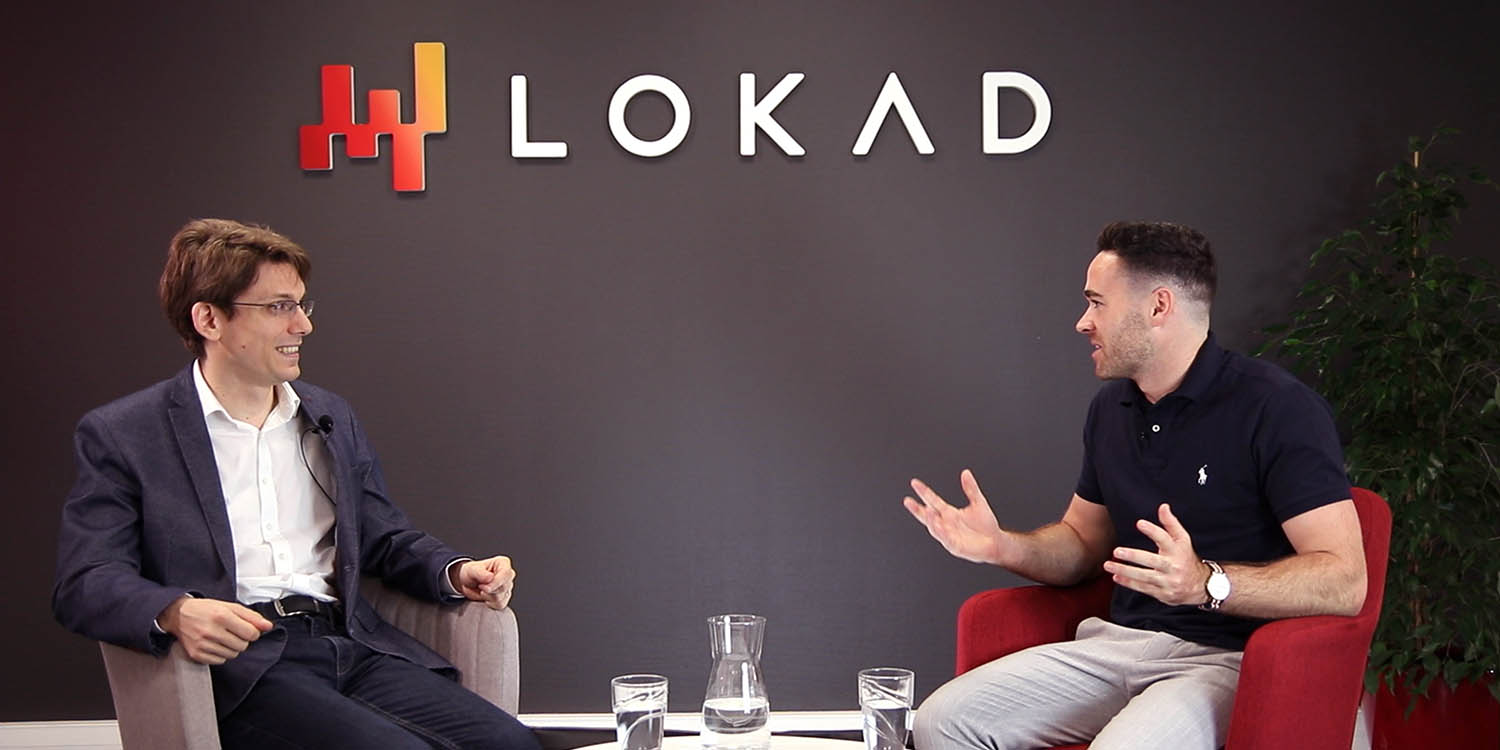Supply Chain science and tech
BACK TO LOKAD TV ›
Modularisation in Supply Chain
While the physical infrastructure supporting most supply chains is highly modular, their software infrastructure counterpart, e.g. inventory control or demand forecasting systems, tends to be monolithic and brittle. As a result, large scale software supply chain failures are still ongoing.
Sales and Operations Planning (S&OP)
Sales and Operations Planning (S&OP) is a corporate practice intended to deliver superior supply chain execution by leveraging a deeper alignment with other divisions beyond supply chain - most notably sales, finance and production. Despite the claims from multiple vendors that the best-in-class businesses operate under S&OP, most implementations suffer from similar flaws, which are intrinsic to the very nature of S&OP.
Data Jobs in Supply Chain
Supply Chain Management (SCM) practices are increasingly data-driven and quantitative. New roles have appeared such as the Supply Chain Scientist. Companies need to make strategic decisions about whether these competencies are developed in-house or externalized.
Data Requirements for Supply Chain Optimization
Predictive supply chain optimization relies on heavily prepared data. The purpose of this data is twofold: first, the historical supply chain data is used to build the forecasting models, second, the data describing the supply chain's current state is used to drive the optimization of the decisions.
Forecasting Demand for New Products
New products do not have a sales history that can be represented as a time-series. As a result, time-series forecasting models don't work for new products. Forecasting demand for new products requires alternative forecasting models capable of leveraging data, such as product attributes, that do not come as a time-series.
Fear of Change in Supply Chain
A good Supply Chain Management (SCM) practice includes a healthy dose of conservatism as the cost of failure tends to be high. Yet, rejecting all change is not an option in a world where innovation drives laggard companies out of business.
Software Frankensteinisation in Supply Chain
Managing supply chains and optimizing them is particularly challenging from a software perspective. The 'Software Frankensteinisation' refers to the technological decay that plagues entreprise software when faced with its own evolution over multiple decades.
Probabilistic Forecasting for Supply Chains
Optimizing supply chains relies on having insights about the future. Classic forecasts dismiss uncertainty entirely, and assume that the forecast is perfectly known. In contrast, probabilistic forecasts embrace uncertainty, and reflect that supply chain optimization should remain robust when faced with unexpected events.
Internet of Things for Supply Chains
For a supply chain management practice to be performant, managers need to have access to the position of every single asset. Unlike classic electronic inventory management, Internet-of-Things (IoT) offers the possibility to gain real-time visibility on all assets, vehicles included.
Data Preparation in Supply Chain
Properly preparing the data is a requirement to achieve success for any data-driven initiative. When considering supply chain challenges, data preparation is difficult because it involves complex enterprise systems that have not been designed with data science in mind.









